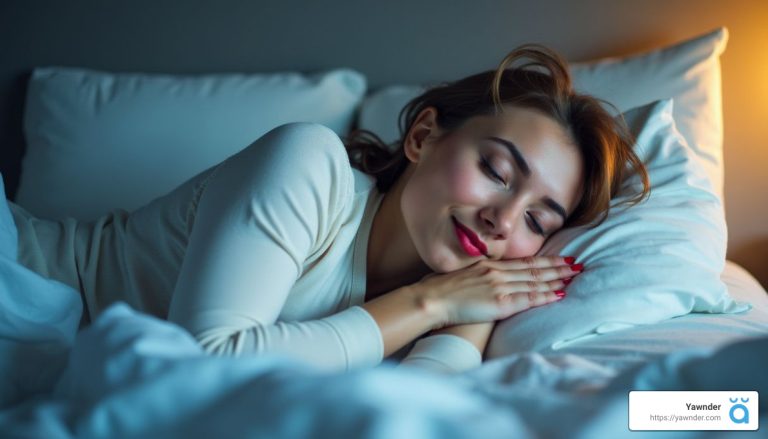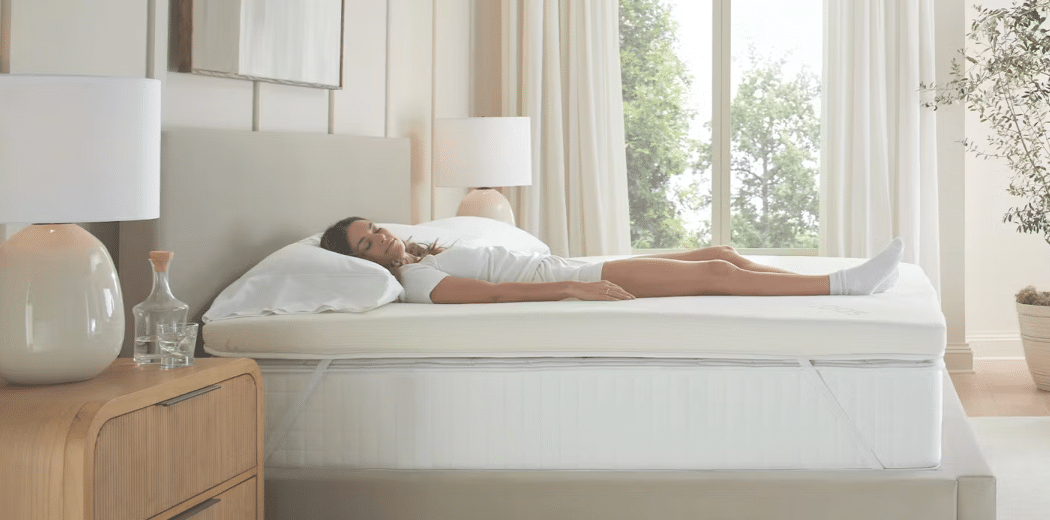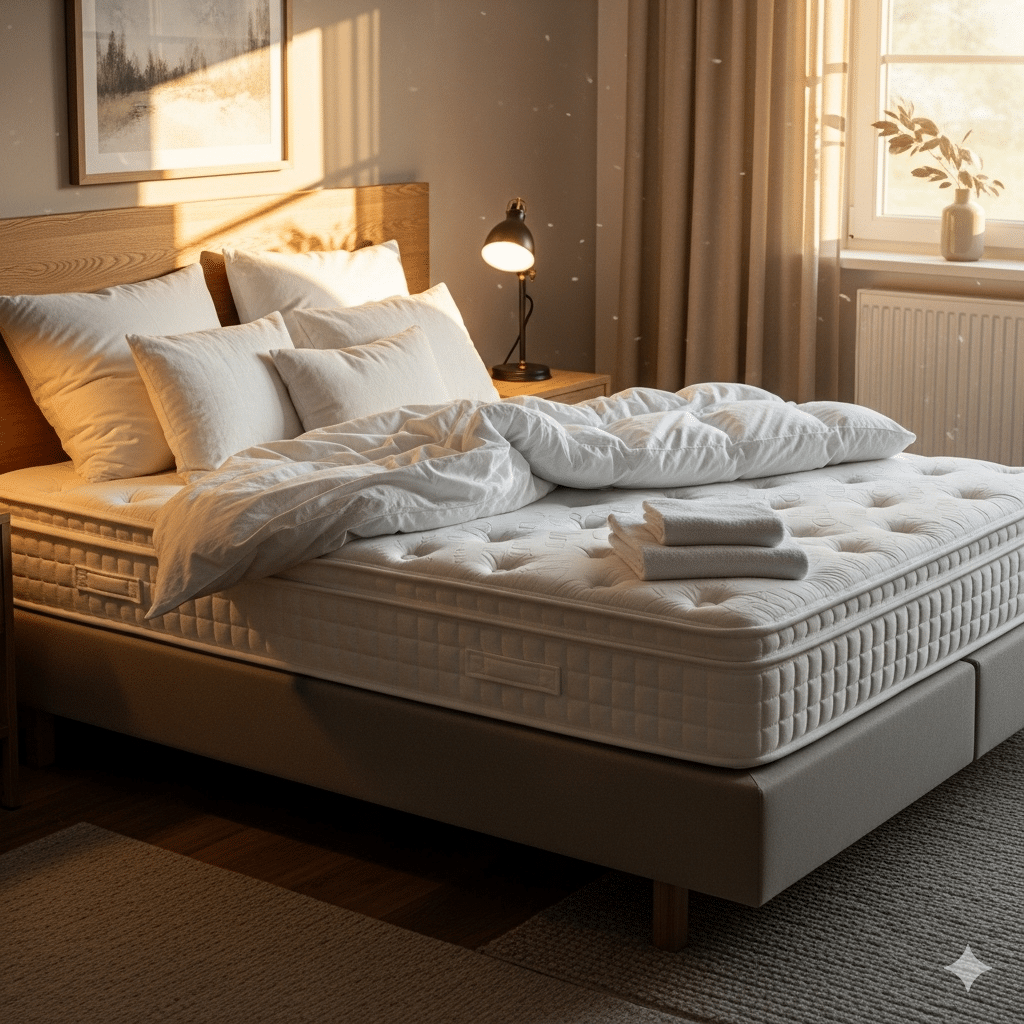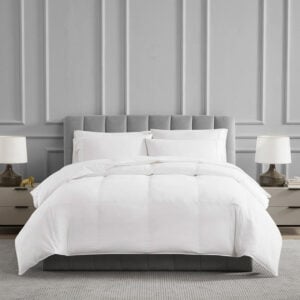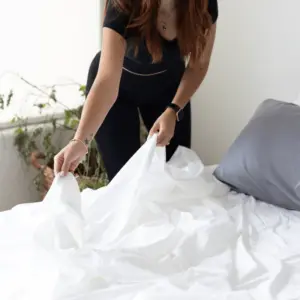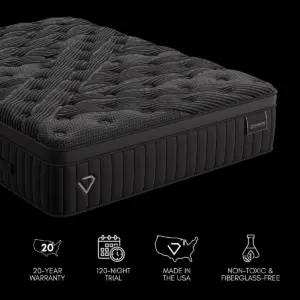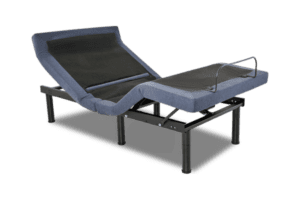A Comprehensive Guide to Science-Backed Sleep Tips for Better Quality
Why Better Sleep Matters
In an age where our schedules are filled with constant busyness, the importance of better sleep can’t be overstated. Science-backed sleep tips can dramatically transform your nights and enhance your overall well-being. Adequate and restful sleep is not just a luxury; it’s a vital necessity for maintaining a healthy life.
Quality sleep directly affects your mood, energy levels, heart health, weight, and even your appearance. As Dr. Virend Somers from the Mayo Clinic points out, Poor sleep may increase your risk of conditions such as heart disease, obesity, depression, and dementia. Lack of sleep isn’t merely a nighttime nuisance—it’s a gateway to various health challenges.
After years of wrestling with sleep issues myself, I turned my life around by adopting effective, science-backed strategies. In this comprehensive guide, I’ll delve deeper into actionable and research-backed tips to help you attain a better quality of sleep.
Creating a Restful Environment
A conducive sleeping environment is one of the most important aspects of achieving better sleep quality. Let’s delve into the fundamental elements that can transform your bedroom into a serene sanctuary for rest.
Cool and Dark Room
The ideal sleep environment should be both cool and dark. Sleep experts generally agree that the optimal temperature for undisturbed slumber ranges between 60 and 67 degrees Fahrenheit. A cooler environment helps lower your body’s core temperature, which is essential for falling asleep peacefully.
Pro Tip: Use blackout curtains to block external light interference. According to the National Sleep Foundation, 73% of Americans report that a darker room significantly enhances their sleep experience.
Noise Control
Noise can grab your attention and shatter your sleep. While 74% of Americans believe a quiet room is essential for quality sleep, others may find that ambient noise helps. White noise machines or apps can effectively mask disruptive sounds from outside.
Pro Tip: A fan can serve dual purposes—providing a soothing white noise effect while keeping your room comfortably cool.
Comfortable Bedding
The comfort of your mattress and pillows plays a vital role in sleep quality. It’s essential to choose bedding that best suits your sleeping style.
– Side Sleepers: Opt for a pillow that adequately supports your head, neck, and shoulders.
– Back Sleepers: A thinner pillow may help minimize neck strain.
Declutter
A messy bedroom can breed a cluttered mind, making it challenging to relax and fall asleep. Keeping your bedroom tidy and distraction-free will help cultivate a peaceful atmosphere that encourages sleep.
Pro Tip: Reserve your bed solely for sleep and intimacy. Engaging in work or other activities in bed may create a mental association between your sleeping space and wakefulness.
Science-Backed Sleep Tips
Improving your sleep quality is not just about physical comfort; it’s also about lifestyle changes. Here are some research-backed recommendations to enhance your nightly rest:
The 10-3-2-1-0 Rule
This straightforward approach can help establish a healthy bedtime routine:
– 10 hours before bed: Avoid caffeine. This stimulant can linger in your body and impact your ability to fall asleep.
– 3 hours before bed: Skip heavy meals and alcohol, as both can disrupt sleep quality.
– 2 hours before bed: Cease mentally stimulating tasks, allowing your mind to unwind.
– 1 hour before bed: Power down all screens. Blue light exposure can hinder melatonin production.
– 0 times: Hit the snooze button in the morning. Wake up at the same time each day to regulate your internal clock.
Sleep Hygiene
Good sleep hygiene encompasses habits that promote consistent, restful sleep:
– Consistent Routine: Aim for the same bedtime and wake-up time daily, even on weekends.
– Wind Down: Develop a calming pre-sleep ritual with activities like reading or light stretching.
– Limit Screens: Decrease screen time at least one hour before sleep to support your body’s natural rhythms.
Optimize Your Sleep Schedule
Aligning your sleep schedule with your body’s natural circadian rhythm can yield substantial benefits. Here’s how you can optimize your sleep routine:
Consistent Wake-Up Time
Waking up at a consistent hour, even on weekends, helps your body’s internal clock to stabilize, easing the sleep process.
Tip: Set your alarm for the same time each morning, facilitating an easier waking experience.
Limit Naps
While short naps can refresh you, napping too late in the day may impact your nighttime rest. Limit naps to around 20 minutes and avoid them late in the afternoon.
Natural Light Exposure
Aim for exposure to natural light during the day, as it helps regulate your circadian rhythm.
Tip: Spend at least 30 minutes outside during the morning. If that’s not feasible, position your workspace near a window.
Incorporating Relaxation Techniques
Adding relaxation techniques into your nightly routine can make a significant difference in sleep quality. Here are effective methods to wind down:
Meditation and Yoga
Mindfulness meditation can alleviate stress and expedite your journey to slumber, while gentle yoga also helps to calm your mind.
Tip: Explore guided sleep meditations through apps such as Headspace.
Warm Bath
A warm bath before bed can lower your heart rate and signify to your body that it’s time to sleep.
Reading and Gratitude
Engaging in a calming activity, such as reading, can mitigate stress before bedtime. Keeping a gratitude journal can also set a positive tone for sleep.
Nutrition and Sleep
What you eat can greatly impact your sleep quality. Be mindful of your dietary habits:
Avoid Heavy Meals
Large meals close to bedtime can disrupt digestion and interfere with sleep.
Tip: Try to finish major meals at least 3 hours before turning in.
Healthy Snacks
If you’re hungry before sleep, light snacks can stabilize blood sugar and ease discomfort.
Supplements and Natural Remedies
If you find that lifestyle adjustments aren’t enough, consider incorporating supplements or natural remedies carefully:
Melatonin
A hormone that your body produces naturally, melatonin supplements can help signal to your brain that it’s time to sleep.
Valerian and Chamomile
These herbal remedies are well-regarded for their calming effects and have been shown to improve sleep quality.
Conclusion
At Yawnder, we prioritize the vital role of quality sleep in enhancing your health. By implementing these science-backed sleep tips and carefully selecting your bedding, you can create the perfect environment for an unforgettable night’s rest.
Remember, effective sleep solutions are not one-size-fits-all. Understanding your specific needs will direct your choices for optimal sleep. Explore our Sleep Study page for personalized insights and expert recommendations. Your journey to restorative sleep begins today!


